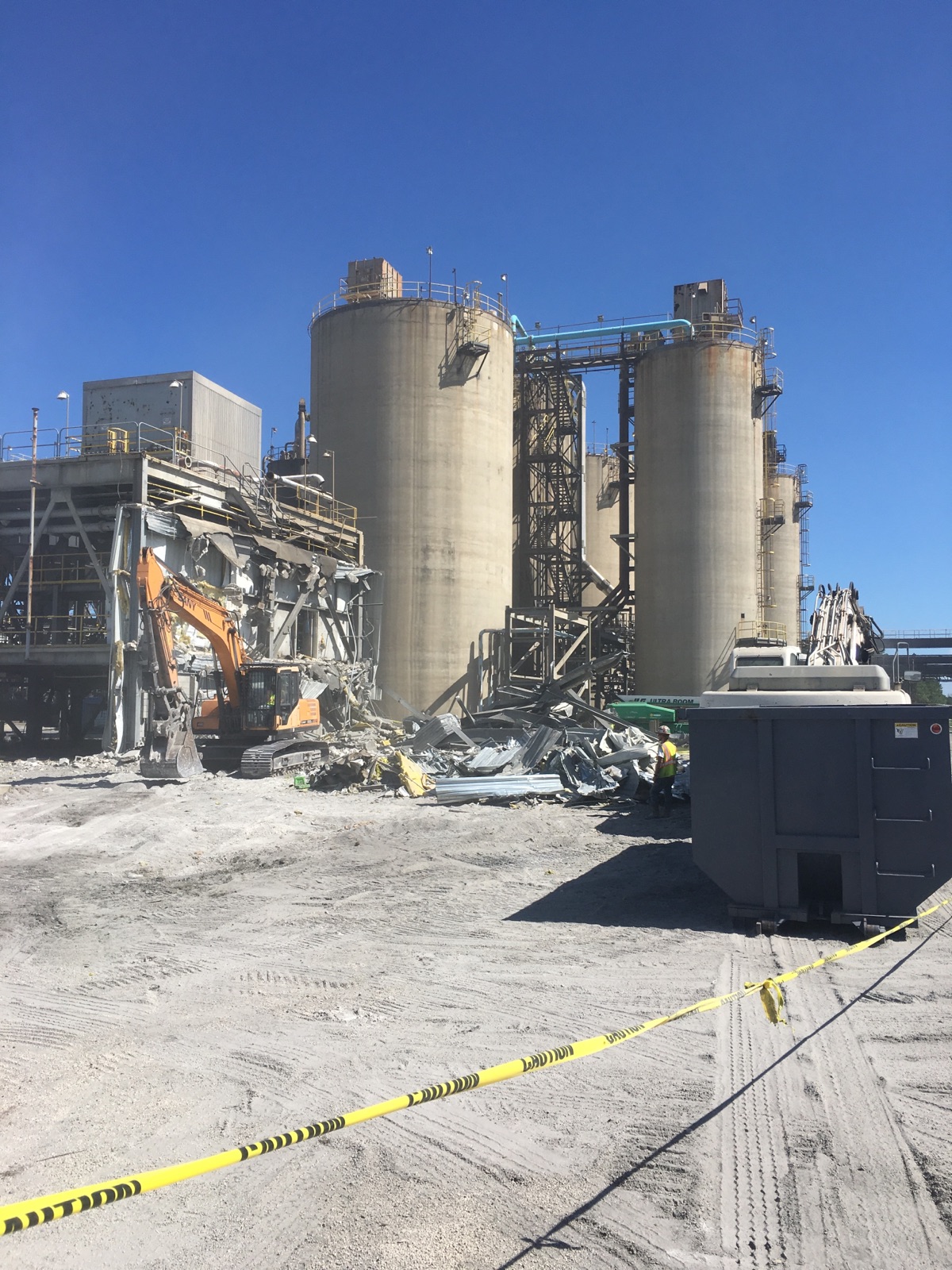
Recycling Process of a Demo Recycling Company
For a demo recycling company, the recycling process is an integral component of their
operations. This process ensures that materials from demolished structures are given
a second life, minimizing waste and promoting sustainability.
Key Steps in the Recycling Process
- Collection: After the demolition, materials are gathered and prepared
for transport to recycling facilities.
- Sorting: Materials are categorized based on type, quality, and
recyclability.
- Processing: Depending on the material:
- Metals are melted down and purified.
- Concrete and masonry are crushed to produce aggregate.
- Wood is chipped or shredded for reuse or as biomass fuel.
- Glass is cleaned and melted to produce new glass products.
- Plastics are cleaned, shredded, and pelletized.
- Manufacturing: Recycled materials are utilized to produce new construction
products or other items.
- Distribution: New products made from recycled materials are distributed
to the market for reuse in construction or other industries.
- Resale: Certain salvageable items, like architectural elements,
may be sold directly without undergoing extensive processing.
Benefits of the Recycling Process
- Reduces Environmental Impact: Minimizes the amount of waste going
to landfills and reduces the need for new raw materials.
- Conserves Energy: Recycling consumes less energy compared to processing
new materials.
- Supports a Circular Economy: Materials are kept in circulation,
reducing the overall demand for new resources.
- Economic Advantages: The sale of recycled materials and products
can generate significant revenue.
In conclusion, the recycling process of a demo recycling company emphasizes sustainability
and resource conservation. Through this approach, the construction industry can
significantly reduce its environmental footprint and support a more sustainable
future.